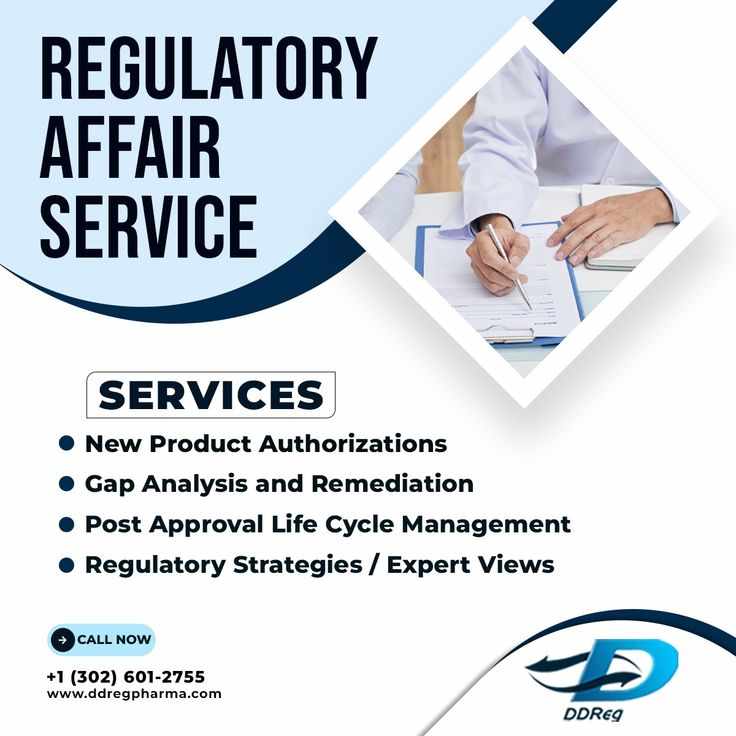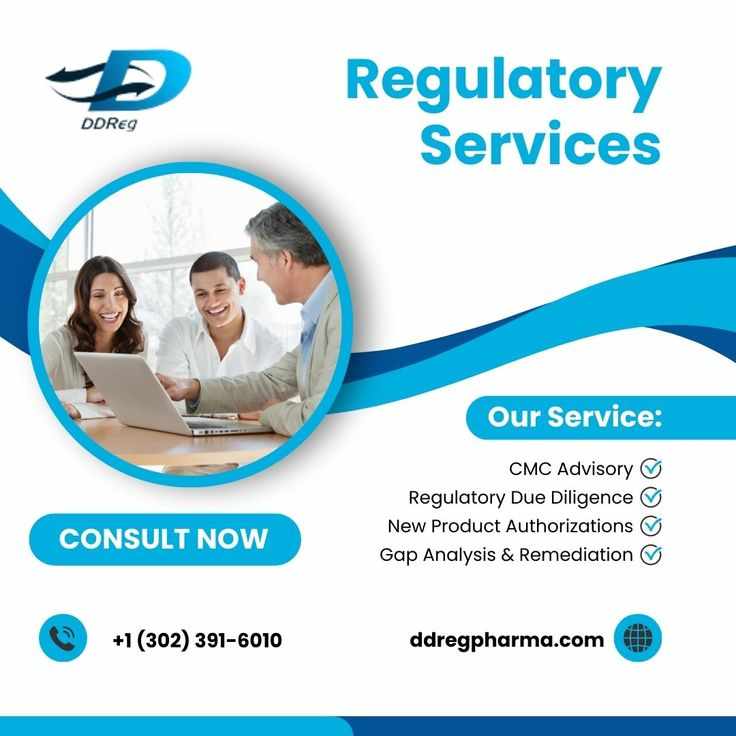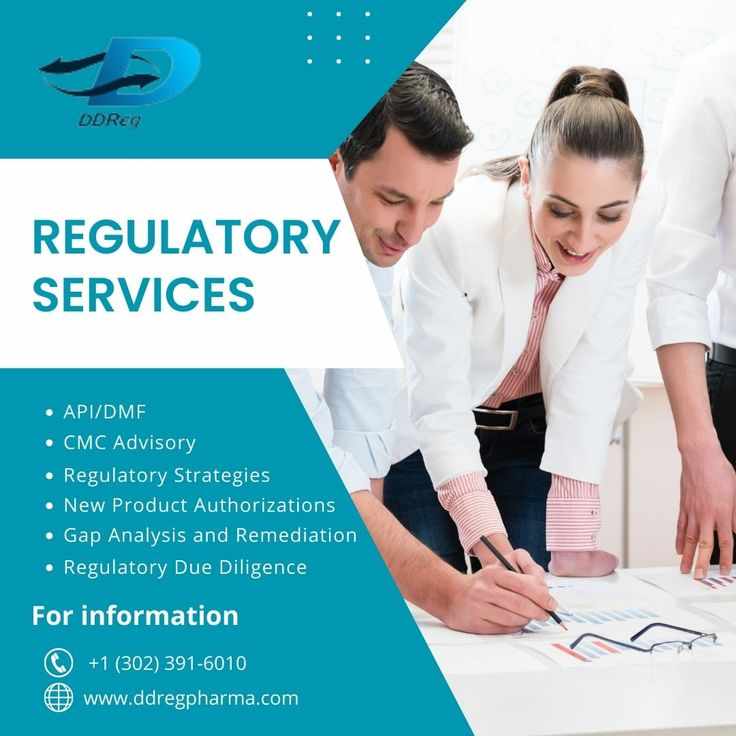
New Product Marketing Authorizations (MAs) in the pharmaceutical industry are official approvals granted by regulatory agencies, such as the U.S. Food and Drug Administration (FDA), the European Medicines Agency (EMA), or other national authorities, that allow a company to market a new medicinal product. These authorizations are granted after a rigorous evaluation of the drug’s safety, efficacy, and quality based on extensive preclinical and clinical trial data, as well as manufacturing standards and risk-benefit assessments.
The process of obtaining an MA involves submitting a comprehensive application—such as a New Drug Application (NDA) in the U.S. or a Marketing Authorization Application (MAA) in the EU—that includes data on pharmacology, toxicology, clinical studies, labeling, and manufacturing processes. Regulatory authorities review this data to ensure the product meets all scientific and legal standards for public use.
Securing a marketing authorization is a pivotal milestone in a drug’s development, signaling the transition from research to commercial distribution. Post-approval, companies are required to conduct pharmacovigilance activities, including adverse event monitoring and periodic safety updates, to maintain the product’s authorization. This regulatory framework ensures that new medicines are both effective and safe for patient use before reaching the market.



Write a comment ...